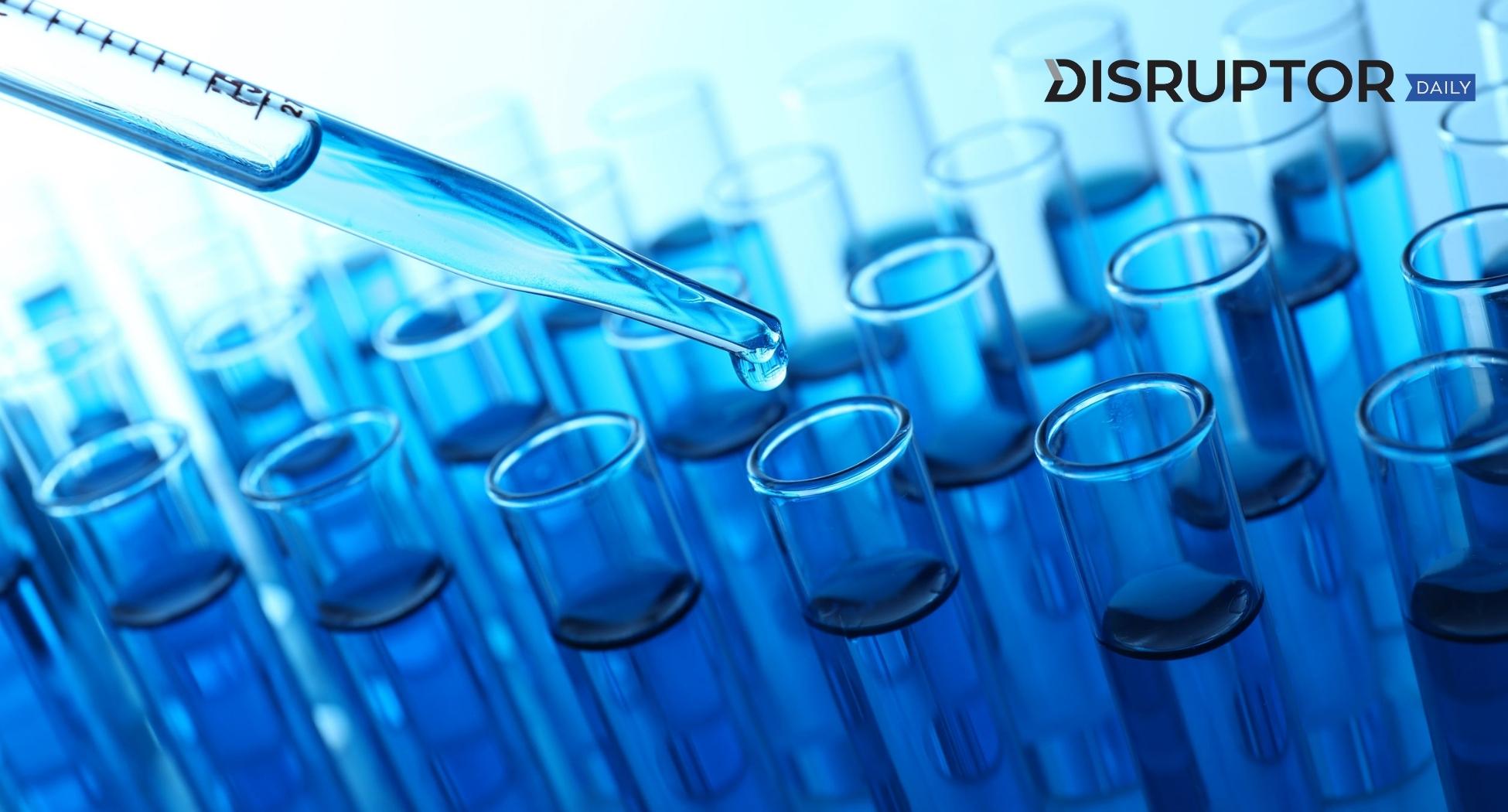
This post is part of our new Biotech Influencer series in which we interview the world's leading experts to get their take on the state of the industry, the top trends to watch for, and what the future holds.
The following is an interview we recently had with Anu Acharya, CEO of Mapmygenome India.
1. How has the Biotech industry evolved in the past 5 years?
AA: The Biotech industry has seen some of its greatest changes in the past 5 years. I would put the following being most impactful:
Genomic data has become affordable and accessible to consumers by companies like Mapmygenome.
The continued evolution of new techniques like CRISPR that are truly life changing.
Technology like machine learning and artificial intelligence have invaded the world of biotech to bring out some positive and even potentially negative uses.
Also, enhancing life/ longevity research with the use of genomics and other technologies like telomeres and microbiomes have made massive strides.
2. What are the top Biotech-related technology trends you're seeing?
AA: Technology is driving innovation in Biotech and we are seeing a lot more overlap with other industries as giants like Amazon, Google and Apple try and enter this space. Some major breakthroughs include:
Advances in gene editing technologies such as Chimeric Antigenic Receptor T-cell (CAR-T) and CRISPR-CAS9 gene editing can spur major changes in cancer treatment and in preventing diseases such as cystic fibrosis.
Big data, visualization improvements and new technologies that allow better visualization such as Augmented Reality and Virtual Reality impact how genomic data is reported. When you add blockchain technologies to this mix, you have a scope for building a secure and patient-centric collaborative platform for genomics and precision medicine.
Adoption of artificial intelligence in the Pharma industry with focus on improving efficacy and safety of treatment options increases the relevance of pharmacogenomic data.
Genomics : As costs come down and regulatory approvals for personalized drugs go up, genomic data will become the foundational data layer for most of drug development and diagnostics.
CRISPR: massive implications for every human must be considered if ethical and moral borders are crossed.
Consumers creating and owning data.
